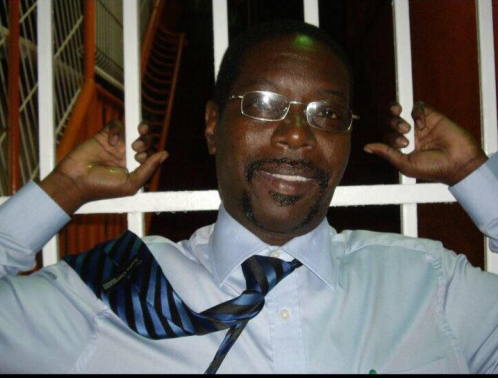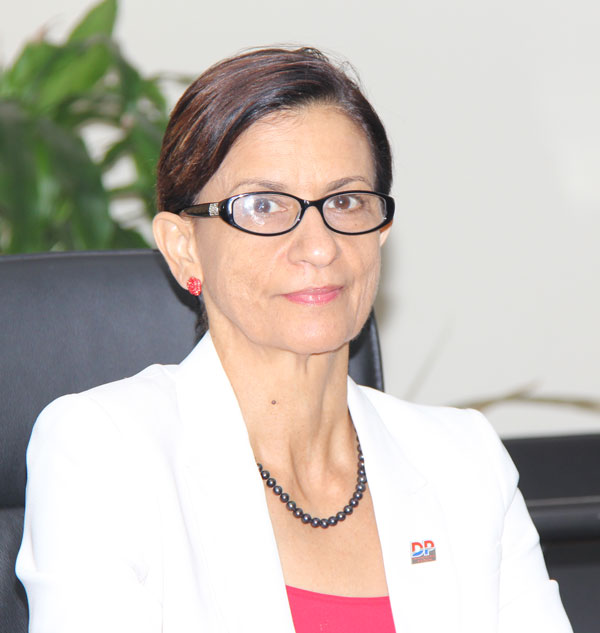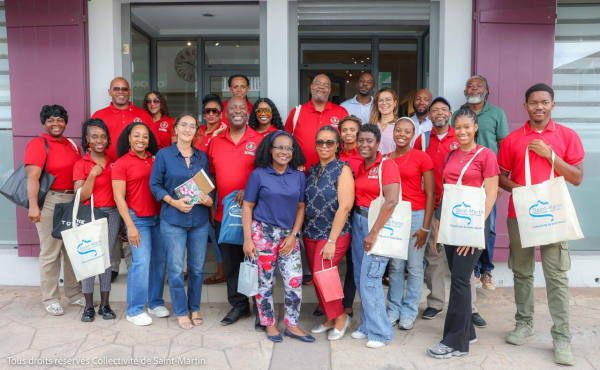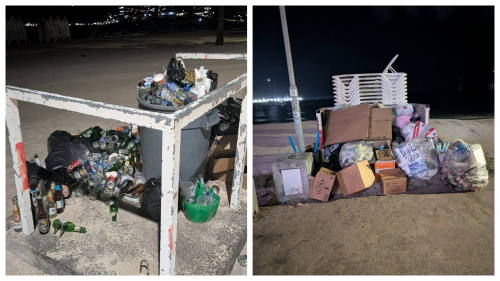 PHILIPSBURG:--- The Prosecutor’s Office has formally appealed the full acquittal of Fernando Clark, setting the stage for a retrial before the Joint Court of Justice on March 5.
PHILIPSBURG:--- The Prosecutor’s Office has formally appealed the full acquittal of Fernando Clark, setting the stage for a retrial before the Joint Court of Justice on March 5.
Clark had been cleared of sexual assault allegations involving two women who separately accused him of misconduct during medical examinations. The judge in the original trial ruled that there was insufficient evidence to convict, citing doubts about aspects of the testimonies and the lack of corroborating witnesses.
Both women had told the court that the alleged assaults occurred in the upstairs examining room after they had been scanned. According to the prosecution, the women — who did not know each other and filed complaints roughly eight months apart — described a similar pattern of behavior. They testified that Clark asked them to stand up after their examinations, requested hugs, and attempted to kiss them.
“They describe almost the same thing, the same modus operandi,” the prosecutor argued during the trial, maintaining that the similarities between the accounts strengthened their credibility.
However, defense attorney Safira Ibrahim successfully challenged that position. She pointed out that one of the women had been examined while two family members were present in the room. Neither family member reported seeing anything inappropriate during the 15-minute examination.
Ibrahim also highlighted parts of the woman’s police interview in which she said she had been under significant stress at the time and was “not in all my senses.”
In his ruling, the judge said that while the testimonies bore similarities, there were also notable differences that prevented them from serving as linking evidence. Among those differences was one woman’s claim that Clark had asked invasive questions about her sexual partners and whether she would consider having a “sugar daddy” — an allegation not made by the other complainant.
The appeal hearing is scheduled for March 5.
 PHILIPSBURG:--- The ongoing debate surrounding the chairmanship of the Central Bank of Curaçao and Sint Maarten (CBCS) has once again centered on the question of “whose turn” it is to propose a candidate. While this discussion has sparked significant public interest, it is crucial to shift focus to the deeper challenges facing our monetary union—challenges that go beyond procedural disputes.
PHILIPSBURG:--- The ongoing debate surrounding the chairmanship of the Central Bank of Curaçao and Sint Maarten (CBCS) has once again centered on the question of “whose turn” it is to propose a candidate. While this discussion has sparked significant public interest, it is crucial to shift focus to the deeper challenges facing our monetary union—challenges that go beyond procedural disputes. Philipsburg/Marigot:--- On February 26, the Department of Communication of the Government of Sint Maarten paid a working visit to their French side counterparts of the Collectivité of Saint-Martin, Communication Department, which includes the protocol section.
Philipsburg/Marigot:--- On February 26, the Department of Communication of the Government of Sint Maarten paid a working visit to their French side counterparts of the Collectivité of Saint-Martin, Communication Department, which includes the protocol section. PHILIPSBURG:--- With barely a month left before the current waste management contracts expire, the Ministry of VROMI remains suspiciously silent, leaving contractors in limbo and the country on the brink of a sanitation crisis. The handling of the new garbage collection contracts, set to commence April 1, 2026, has devolved into a spectacle of incompetence, marked by flawed Terms of Reference (TOR), unanswered bids, and a desperate scramble to hide administrative failures.
PHILIPSBURG:--- With barely a month left before the current waste management contracts expire, the Ministry of VROMI remains suspiciously silent, leaving contractors in limbo and the country on the brink of a sanitation crisis. The handling of the new garbage collection contracts, set to commence April 1, 2026, has devolved into a spectacle of incompetence, marked by flawed Terms of Reference (TOR), unanswered bids, and a desperate scramble to hide administrative failures.